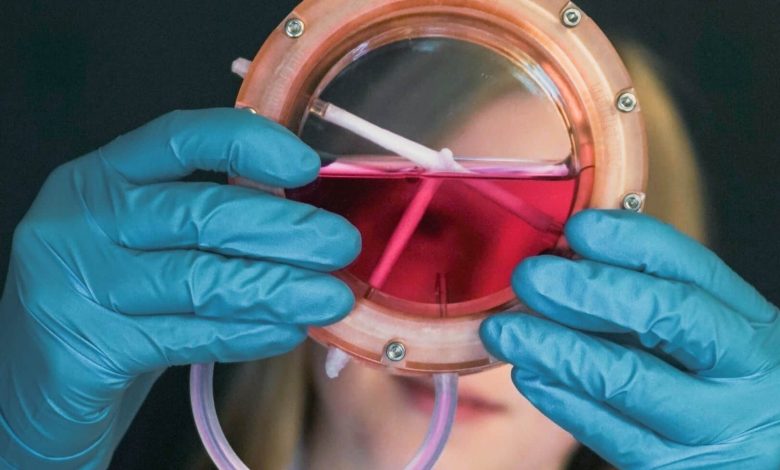Frontier Bio Corporation, an innovative pioneer in tissue engineering, has introduced a groundbreaking method for crafting living human blood vessels, ushering in a transformative era in medical device testing. The prevailing practice for assessing the safety and efficacy of vascular medical devices involves conducting animal studies before human trials. By harnessing lab-grown blood vessels, Frontier Bio is spearheading a future where dependence on animal testing is drastically minimized, if not eradicated.
Leveraging novel tissue engineering techniques, Frontier Bio manufactures blood vessels using biodegradable polymer scaffolds infused with vascular cells, fostering growth under biomimetic conditions within a laboratory setting. Employing 3D printing technology, Frontier Bio can fabricate these vessels in intricate shapes, replicating the natural architecture of blood vessels, and even simulating disease conditions.
In a remarkable proof-of-concept collaboration with Mayo Clinic, Frontier Bio engineered a blood vessel with an aneurysm, subsequently deploying a vascular flow diverter device. These widely used devices divert blood flow away from the aneurysm, mitigating the risk of further expansion or rupture. The growth of cells across the flow diverter exhibited results comparable to traditional animal studies conducted on rabbits. This groundbreaking approach to medical device testing aligns with evolving ethical standards on a global scale, ensuring heightened accuracy and precision due to the use of human cells. It promises to usher in a safer and more reliable era in medical testing.
Frontier Bio CEO, Eric Bennett, stated, “Collaborating with Mayo Clinic was pivotal in achieving this breakthrough. While our immediate focus is on reducing animal testing through innovative tools for medical device development and evaluation, we are also excited about the long-term potential of our innovations. We envision a future where engineered tissues can revolutionize medicine, ultimately eliminating the need for organ donations.”
Frontier Bio’s pioneering research received support from the competitive National Science Foundation (NSF) Small Business Innovation Research (SBIR) program, which annually allocates over $200 million to fund early-stage, high-impact concepts, fostering technological innovation.
To further enhance their efforts, Frontier Bio recently welcomed Dr. Samand Pashneh-Tala, an expert in tissue engineering, to their team. Bennett expressed, “Sam’s expertise amplifies our capabilities, ensuring that we remain at the forefront of immediate and future developments in tissue engineering.”
Renowned geneticist and Frontier Bio advisor, George Church, remarked, “Frontier Bio is not only creating lab-grown human tissues but also paving the way for a future where organ donors become obsolete, and animal testing becomes a relic of the past.”
By Impact Lab


